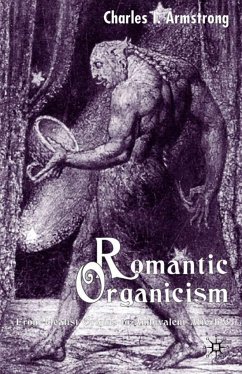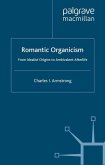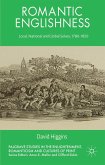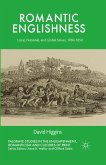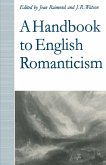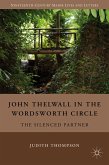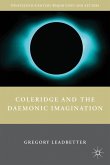Romantic Organicism attempts to reassess the much maligned and misunderstood notion of organic unity. Following organicism from its crucial radicalisation in German Idealism, it shows how both Coleridge and Wordsworth developed some of their most profound ideas and poetry on its basis. Armstrong shows how the tenets and ideals of organicism - despite much criticism - remain an insistent, if ambivalent, backdrop for much of our current thought, including the work of Derrida amongst others.
'This is extremely impressive work that shows enormous intellectual range, vast reading and great learning.' - Simon Critchley, Professor of Philosophy at the University of Essex and Programme Director of the Collège Internationale de Philosophie, Paris
'This book will be of huge interest to anyone interested in the relations
between German and British Romanticism, the afterlife of Romantic theory, and
the debates about its continuing presence in the latest negotiations between
live philosophical traditions. It possesses a kind of learning which has been
underrated in British Romantic studies for a long time, and, strikingly, it
engages convincingly with the English literary examples which, if the
Continental tradition got it right, ought to consolidate that philosophical
approach.' - Professor Paul Hamilton, School of English and Drama at Queen Mary and Westfield College
'This book will be of huge interest to anyone interested in the relations
between German and British Romanticism, the afterlife of Romantic theory, and
the debates about its continuing presence in the latest negotiations between
live philosophical traditions. It possesses a kind of learning which has been
underrated in British Romantic studies for a long time, and, strikingly, it
engages convincingly with the English literary examples which, if the
Continental tradition got it right, ought to consolidate that philosophical
approach.' - Professor Paul Hamilton, School of English and Drama at Queen Mary and Westfield College

